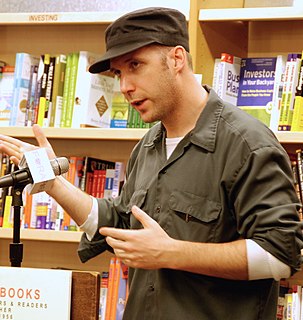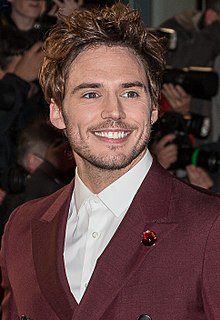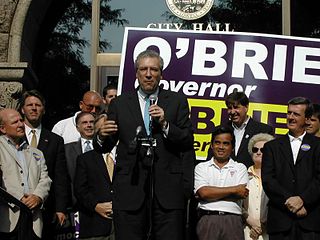A Quote by Ransom Riggs
I went to film school, trained as a director, have made a lot of movies, and taken a lot of photographs, so I tend to envision things spatially. As I'm working, I need to have a map of the space. I need to know what's happening in all corners simultaneously.
Related Quotes
For me, architects and film directors operate similarly. They are practical. As an architect, you know what you want in the conception of a space - but you still need a lot of people to help you out. You need an engineer, interior architects. But a film is the same - you have all these elements. But in terms of concept, it's always about time. When you approach a building, you need time to go from point A to B. Buildings are designed as a journey and films are the same, you have an opening that you come through, an angle you follow, maybe a disruption in space.
I learned a lot from Clint [Eastwood], who's an extremely economic director. I learned a lot from Michael Winterbottom, who really gave a lot of trust in the actors and allowed them to live in the space instead of trying to manipulate and make it too set and too staged. Working with [Robert] De Niro taught me a lot of being an actors' director and what that is. I've learned a lot from pretty much everybody. Hopefully I've picked up something from everybody I've worked with.
In live-action, writing, production and editing happen in discrete stages. In animation, they overlap - happening simultaneously. This allows a real dialogue to occur between the writer, the director, the actors and the editor, and it makes the writing process a lot more collaborative and a lot less lonely.
In live-action, writing, production, and editing happen in discrete stages. In animation, they overlap - happening simultaneously. This allows a real dialogue to occur between the writer, the director, the actors, and the editor, and it makes the writing process a lot more collaborative and a lot less lonely.
A lot of things look good on an academic's blackboard in terms of the actions that need to be taken. It's almost like a football coach, when you draw the X's and O's: Every play that is chalked on that board goes for a touchdown. Well, there are a lot of yards to be made between the line of scrimmage and the touchdown.
I applied [to film school] figuring, "I need to find some structure for myself. I need to find a way to figure out what kind of filmmaker I want to be." And that is what film school provides you with. It'll teach you the basics of how a production works and the technical side of how to put everything together, but you could also learn that by working on film sets.
In England, when we're at drama school, we spend a lot of time learning the craft from playwrights and stage actors, who are very well trained in the basics of acting because they need to get it right the first time - you can't have second or third takes when you're in front of a live audience, unlike in film.
I do think that a school day that matches the work day makes a lot of difference for working families, but the big driver of this effort is education. Period. We have a lot of students not gaining the skills they need, and it is pretty clear that school does not offer enough time to get that job done.





































